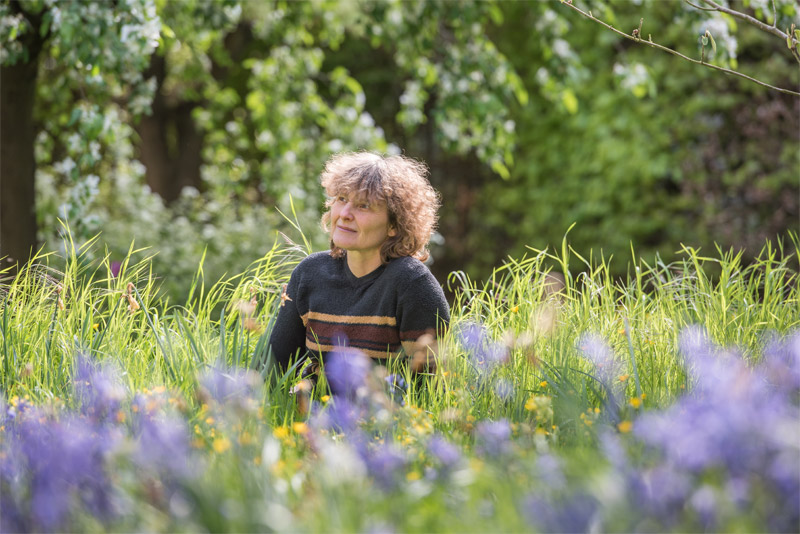Tackling the complexity of modern conservation
Research at Oxford is revealing the ways in which social, ecological and behavioural factors interact and affect key issues in conservation.
‘We come into conservation as nature lovers, as animal lovers, and because we want to save the environment,’ explains E.J. Milner-Gulland, Tasso Leventis Professor of Biodiversity and Fellow of Merton College. ‘However it soon becomes clear that in order to save the species you want to save, you need to understand what it is that motivates people, what drives their behaviour.’
Professor Milner-Gulland is a firm believer that ‘conservation is about people’, and has spent over twenty years examining the incentives, pressures and challenges facing individual decision-makers. ‘Once we understand this,’ she says, ‘we can look at how to design conservation interventions that are fair to local people, that improve the lives of local people, that are done with the consent of local people, but that are also going to conserve.’

Professor Milner-Gulland brought the Interdisciplinary Centre for Conservation Science (ICCS) with her when she moved to Oxford in 2015. Based in the Department of Zoology, ICCS brings together conservation scientists, graduate students, postdocs and research assistants to address some of the key challenges faced by humanity in halting the decline of global biodiversity.
‘We don’t do anything that is just abstract; we want everything to have real world impact,’ explains Professor Milner-Gulland. Researchers in ICCS work in collaboration with NGOs, government agencies and businesses to answer questions that are relevant to them, while also exploring the social and cultural impacts of conservation through their projects. ‘We know that in order for our research to make a difference, we have to work with end users right from the beginning,’ she adds.
This support has given me so much freedom to think strategically, to put new initiatives in place and to develop my research however I want it to go.E.J. Milner-Gulland
In one such study, Professor Milner-Gulland and her team hope to understand the impacts of a hydroelectric dam recently built across the Nile in Uganda. To make up for conservation loss during the dam’s construction, the Ugandan government conducted a biodiversity-offset project. She explains: ‘As well as seeing if this has had a positive effect on the environment, we’re also interested in finding out how local people valued these natural resources culturally, and what – if anything – can be done to compensate damage to this cultural value as a result of the project.’
Professor Milner-Gulland’s research also extends to the illegal wildlife trade – a growing threat to global biodiversity, which is estimated to be worth up to $10 billion annually. As part of an interdisciplinary team funded by the Oxford Martin School, she is exploring how consumer behaviour can be changed. ‘We’re looking at it from a range of different angles,’ she says. ‘One approach is taking messages from public health, where a lot of work is done around changing people’s behaviour. Can we apply that to the wildlife trade? Well we’re having a go!’
Professor Milner-Gulland’s positivity about conservation is palpable. In a discipline in which bad news and pessimism can often predominate, she feels that ‘it’s important to focus on where it has worked, on trying to understand why it’s worked, and then on making that case.’
In early 2017, Professor Milner-Gulland spearheaded the Conservation Optimism Summit, an event celebrating positive thinking in conservation. ‘People need to know that their actions do make a difference,’ she stresses, ‘whether that’s governments or businesses or individuals or conservationists themselves. We have to celebrate both the small and the large steps forward, in order to be able to keep moving in the right direction.’